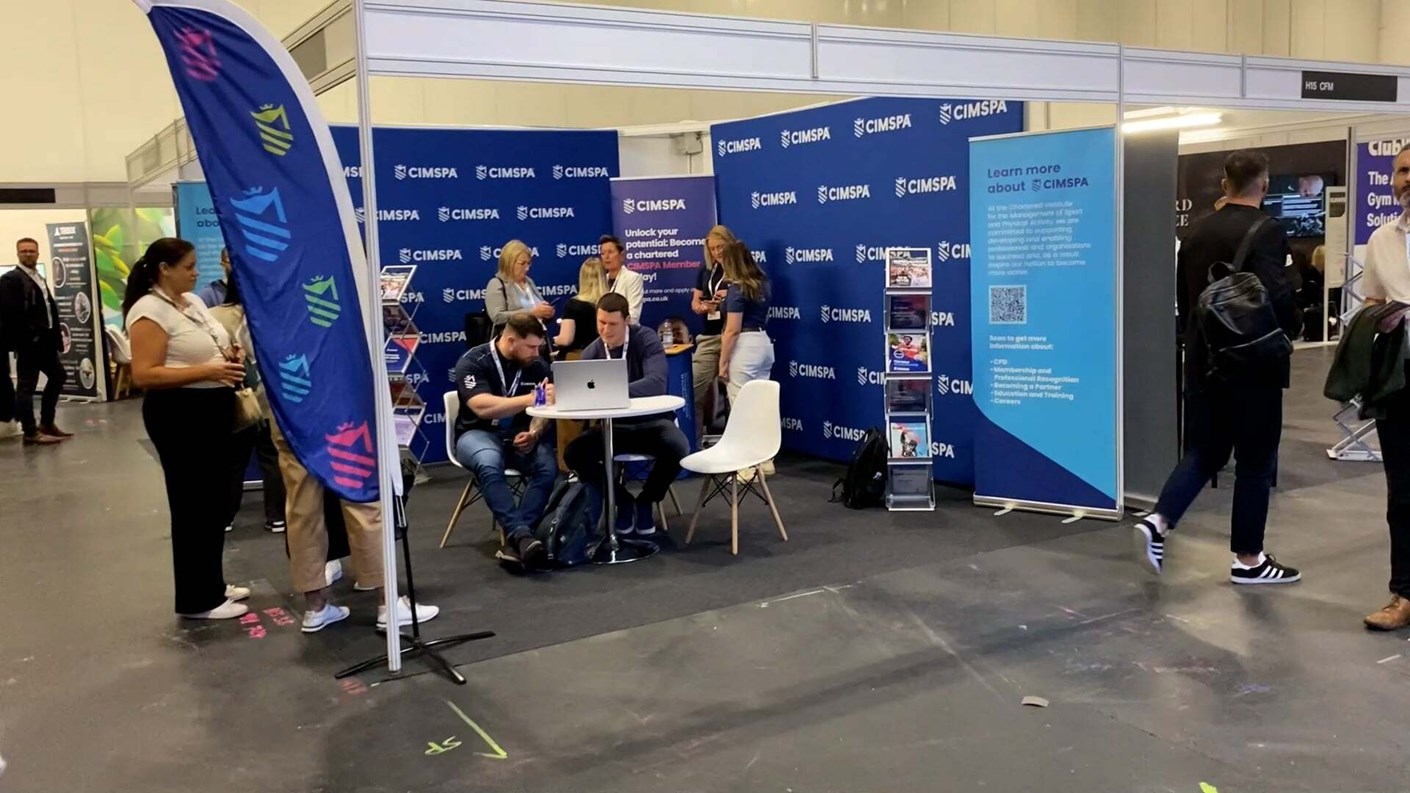Panel discussion - Blazing a trail for employer-led skills development

The Local Skills Delivery project, led by CIMSPA in partnership with local agencies, gives local employers the opportunity to shape future skills investment and development in the sports and physical activity sector.
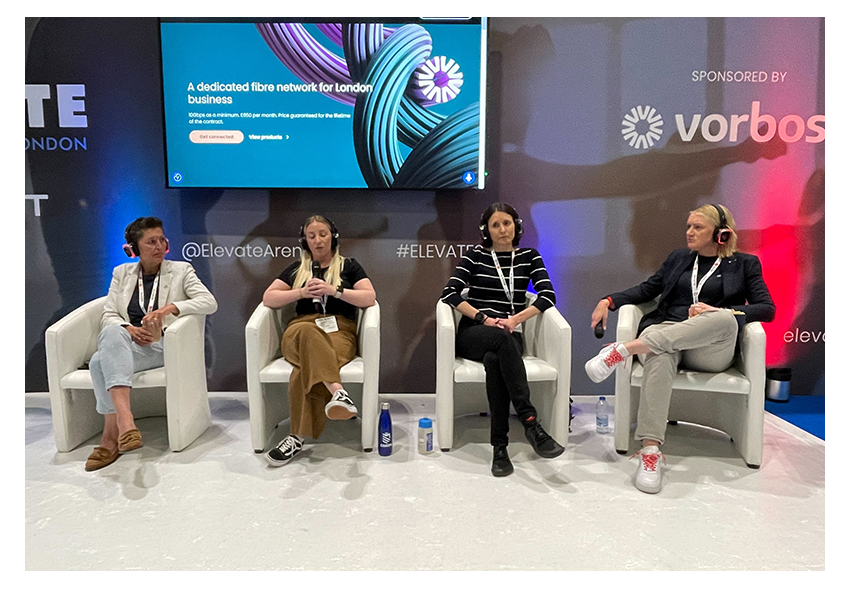 Consulting with local employers before upskilling those with a role in physical activity means a workforce better prepared to meet the needs of the sector and have maximum impact on the local community and economy.
Consulting with local employers before upskilling those with a role in physical activity means a workforce better prepared to meet the needs of the sector and have maximum impact on the local community and economy.
Tara Dillon FCIMSPA (ch) kicked the session off by setting the scene, labelling the sport and physical activity sector as the ‘National Prevention Service for Health’ and speaking passionately about the role of CIMSPA’s Local Skills Accountability Boards (LSABs) in bringing together employers, education providers, and employability-focused organisations to effectively and efficiently match supply and demand through Local Skills Action Plans (LSAPs).
“We work collaboratively with local health commissioners to understand local priorities, whether it be mental health, MSK, diabetes or maybe slips, trips and falls. We then look at how we can help. It’s met with enthusiasm by the health sector because they see the clear link to prevention by taking services and solutions to the local community.”
Tara went on to tell attendees of the vast coverage we have through 32 current LSABs , increasing this year to 37, and how collaboration within these boards is already thriving and delivering priceless data on what’s needed in that region.
“Our Local Skills infrastructure is the perfect ecosystem. Place based data is very powerful and will allow us to tackle inequalities in local areas.”
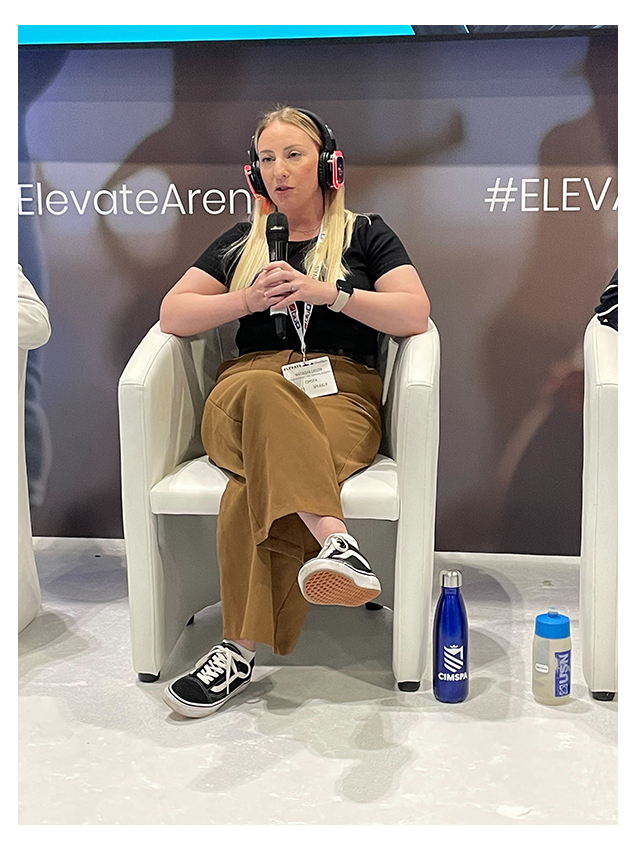 Natasha Eason MCIMSPA then introduced the Training Academy, a new CIMSPA development that will imminently be available to ensure operators in the sector have an easy to access supply of the relevant training required for each area.
Natasha Eason MCIMSPA then introduced the Training Academy, a new CIMSPA development that will imminently be available to ensure operators in the sector have an easy to access supply of the relevant training required for each area.
“The Training Academy will feature only Enhanced Providers who have been through our robust quality assurance process and as such will serve to differentiate between the good and great CIMSPA training provider partners.”
Natasha continued to elaborate on the process of skills diagnostics and LSABs feeding into the Training Academy to ensure the offering is constantly evolving within each locality.
Keep an eye out on our website for more information about the Training Academy in the coming weeks.
Dr Joanna Fleming went on to talk through some of the NHS Health and Wellbeing initiatives that have been successful in driving increased physical activity uptake in a diverse range of people in and around Leamington Spa.
Included in this is Swim Together, a peer support model where Swim England, Everyone Active and Mental Health Swims have worked in collaboration to help bring together people who are living with mental illness, or experiencing mental health challenges, and enable opportunities for them to swim in a safe and inclusive environment.
Swim Together – find out more
Another example Joanna gave was the Run Talk Run programme where through the NHS database they targeted people in the local area with high BMI results to offer a place on a ‘Couch to 5k’ course. Included was nine weeks of supported training that culminated in all participants meeting up to do a park run.
“Not only did this promote changing mindsets and habits and therefore positive lifestyle changes, it also offered the opportunity for social interaction and the wellbeing benefits this brings.
“These are just a few examples of how our sectors can work together to drive better health outcomes.”
Run Talk Run – find out more
Tara then wrapped the session up with a clear message around the benefits of prevention and reiterated the incredible position our sector finds itself in to aid that.
“We couldn’t be better placed to offer critical interventions in order to reduce the number of people presenting symptoms and those needing ongoing treatment.
“The costs of not implementing preventative measures are immeasurable. The savings our sector creates the NHS are massive and serve to give me the insights and stories to go to policy makers and tell them exactly how we make a difference and why we are integral in improving health outcomes.”
Local Skills Delivery – find out more
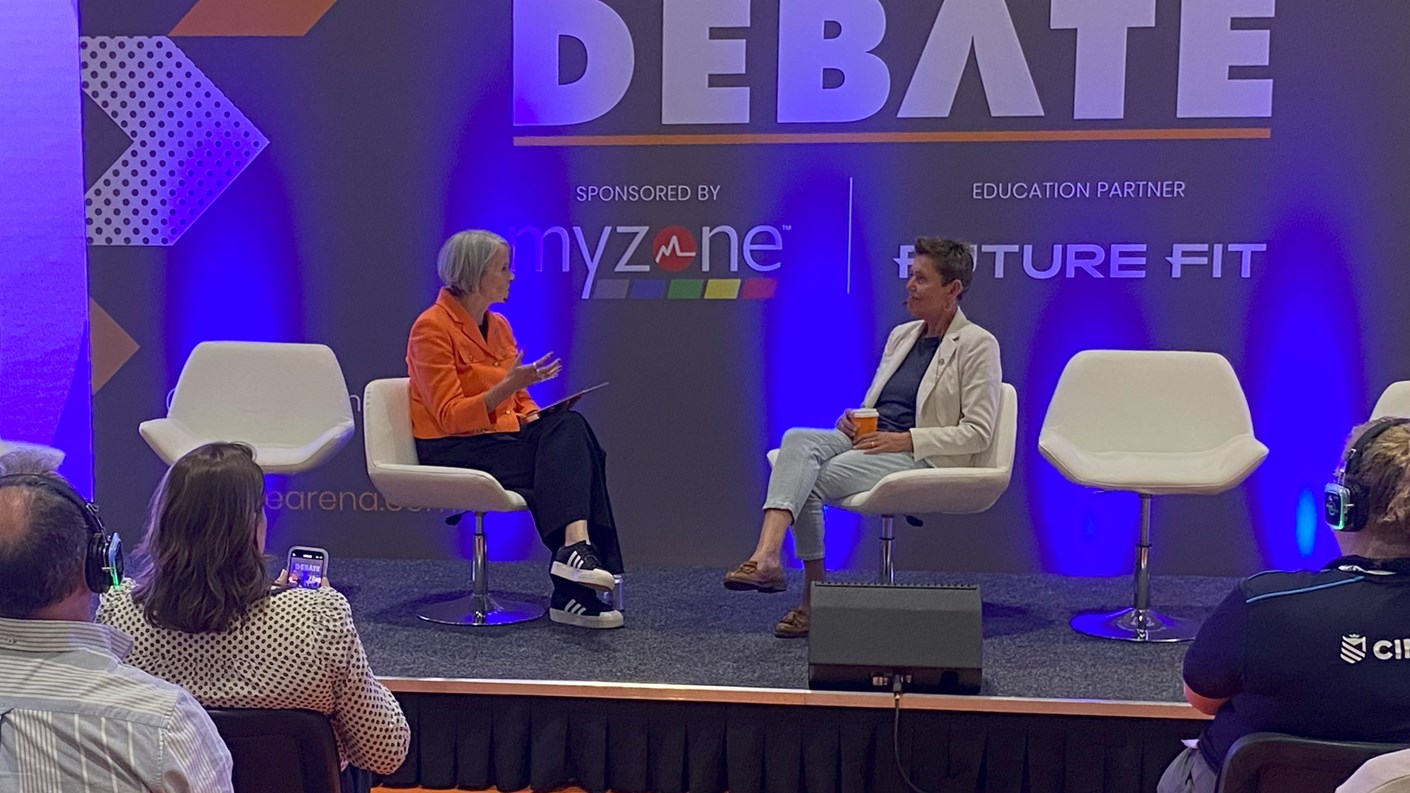
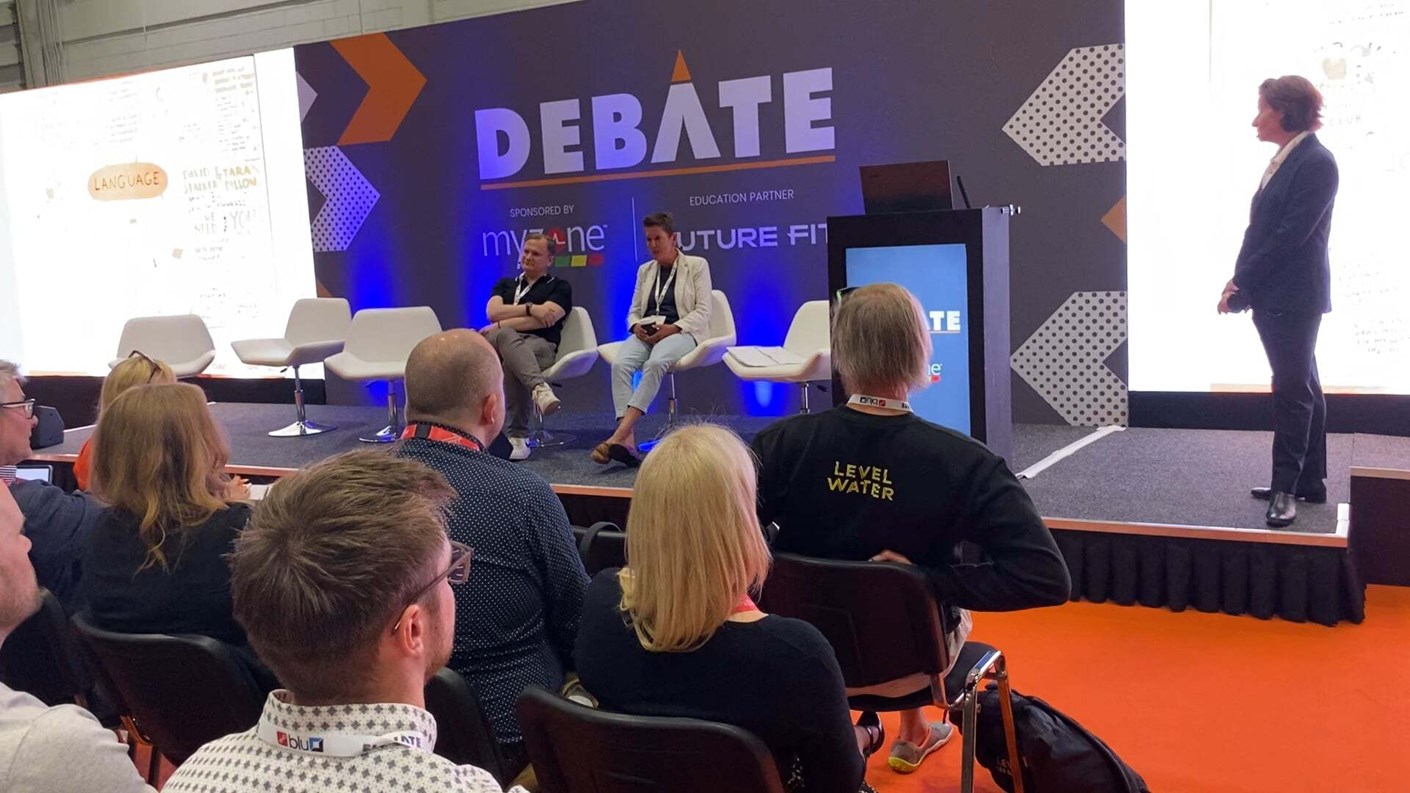

 Consulting with local employers before upskilling those with a role in physical activity means a workforce better prepared to meet the needs of the sector and have maximum impact on the local community and economy.
Consulting with local employers before upskilling those with a role in physical activity means a workforce better prepared to meet the needs of the sector and have maximum impact on the local community and economy. Natasha Eason MCIMSPA then introduced the Training Academy, a new CIMSPA development that will imminently be available to ensure operators in the sector have an easy to access supply of the relevant training required for each area.
Natasha Eason MCIMSPA then introduced the Training Academy, a new CIMSPA development that will imminently be available to ensure operators in the sector have an easy to access supply of the relevant training required for each area. In the Game Changers Podcast session Sue Anstiss caught up with Tara Dillon FCIMSPA (ch) to talk about her journey from lifeguard to CIMSPA via DC Leisure and the RLSS.
In the Game Changers Podcast session Sue Anstiss caught up with Tara Dillon FCIMSPA (ch) to talk about her journey from lifeguard to CIMSPA via DC Leisure and the RLSS.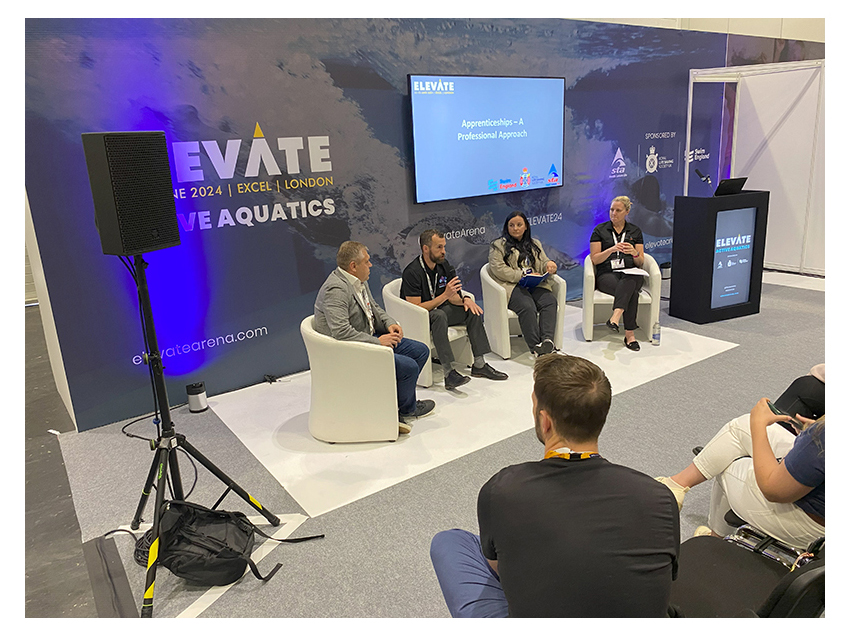 With apprenticeships growing in popularity and prestige in recent years as leading businesses embrace them to close skill gaps, Sara Byrne offered some useful insights to the audience at the Apprenticeships - A Professional Approach session.
With apprenticeships growing in popularity and prestige in recent years as leading businesses embrace them to close skill gaps, Sara Byrne offered some useful insights to the audience at the Apprenticeships - A Professional Approach session.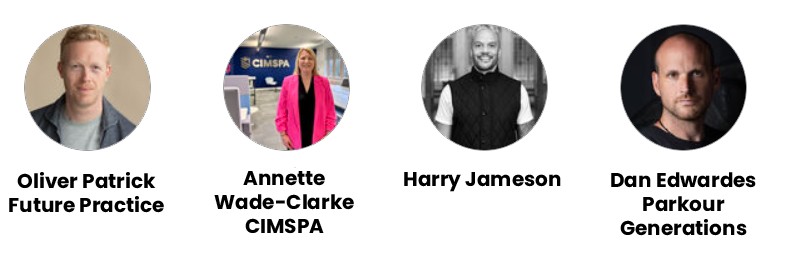
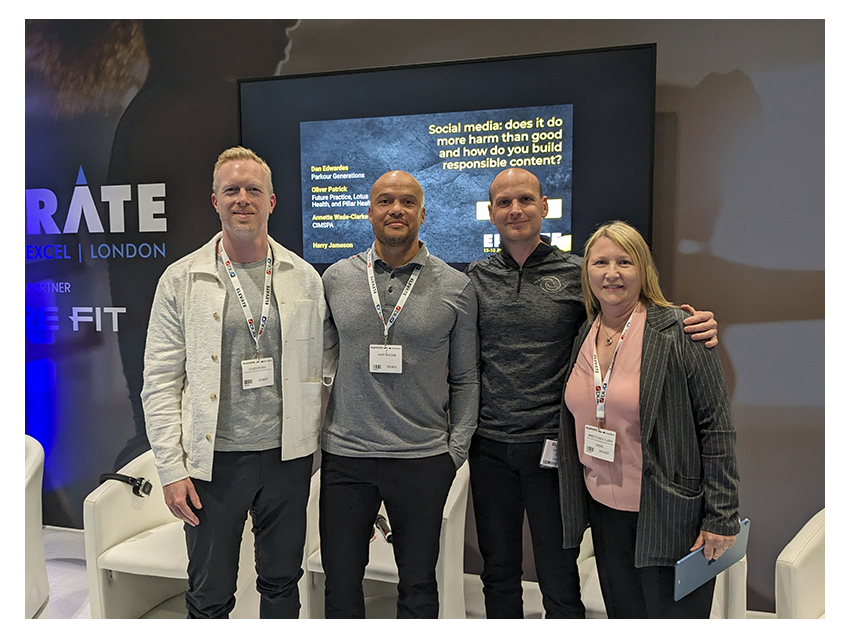 Hosted by Annette Wade-Clarke, the panel made their thoughts clear on how sense comes to the fore in a space where anyone can be an expert, and the most divisive and outrageous content often gains the most traction.
Hosted by Annette Wade-Clarke, the panel made their thoughts clear on how sense comes to the fore in a space where anyone can be an expert, and the most divisive and outrageous content often gains the most traction.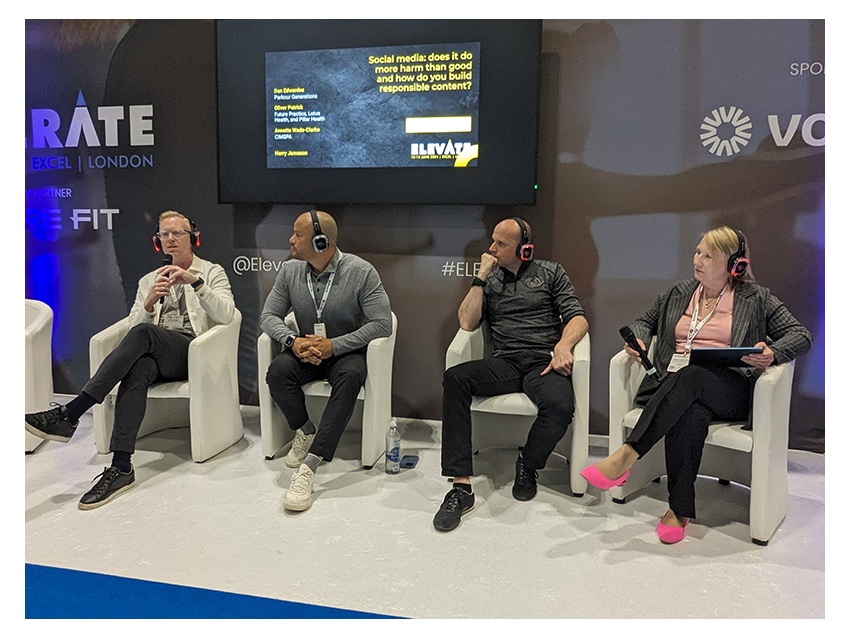 Dan Edwardes echoed those sentiments by stating that social media outlets are concerned entirely with engagement and not the quality of content.
Dan Edwardes echoed those sentiments by stating that social media outlets are concerned entirely with engagement and not the quality of content.